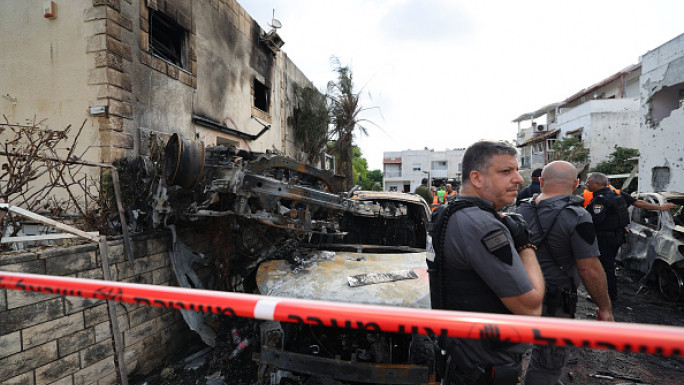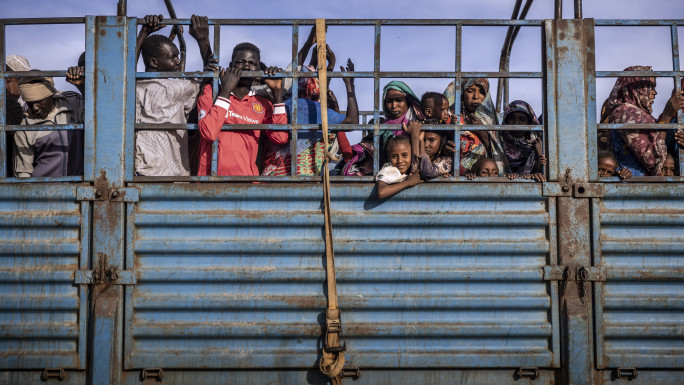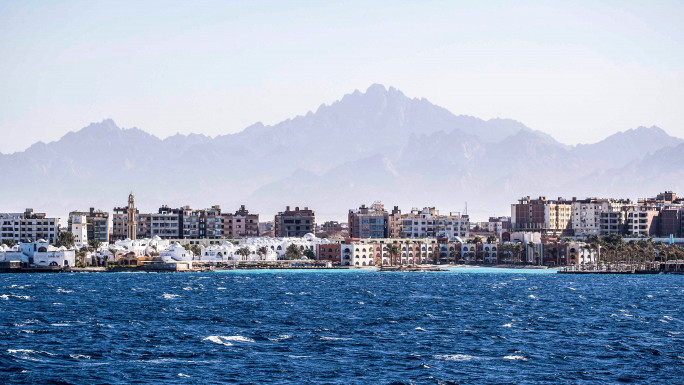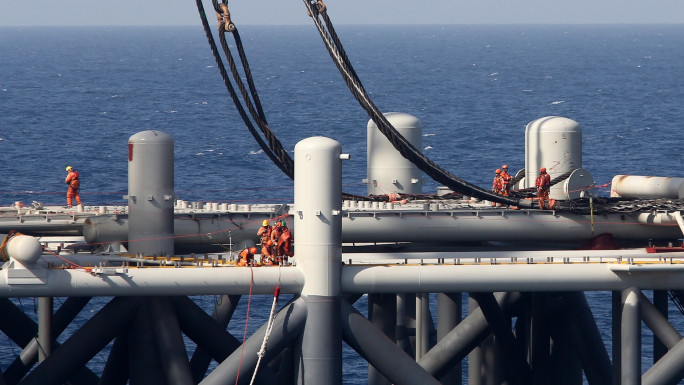Iraqi armed militias declare readiness to send forces in support of Lebanon's Hezbollah against Israel
Amid a series of massacres by Israel in Lebanon today, several prominent Iraqi armed factions have indicated their willingness to support Hezbollah should the Lebanese group engage in a more direct conflict with Israel. This development hints at a potential expansion of the regional conflict, as these groups pledge to bolster Hezbollah's capabilities against Israeli forces.
Leaders from factions including "Kataib Sayyid al-Shuhada" and "Asaib Ahl al-Haq" have openly declared their readiness to deploy thousands of fighters in support of Hezbollah. Abu Alaa al-Wala'i, the Secretary-General of "Kataib Sayyid al-Shuhada", in a statement to Hezbollah leader Hassan Nasrallah, promised robust support.
"If you lose a thousand martyrs, we will provide you with a hundred thousand heroes," Wala'i said, underscoring a deep commitment to the cause. "Our resistance, weapons, money, and lives are at your disposal."
Similarly, Akram al-Kaabi, leader of Harakat al-Nujaba, has expressed continued solidarity with the resistance in Gaza and the struggle against Israeli forces. Qais al-Khazali, leader of Asaib Ahl al-Haq, has also vocalized support, aligning his group’s mission with that of Hezbollah, "Your battle is our battle," al-Khazali stated, emphasising the unity of their struggles.
These statements of support come at a time when Hezbollah has intensified its engagements with Israeli forces, marked by recent skirmishes along the Lebanese-Israeli border. The Iraqi groups' readiness to participate in a conflict with Israel underscores the interconnected nature of regional resistance against Israeli policies and actions.
Amid these military alignments, Iraq's highest religious authority, represented by the office of Grand Ayatollah Ali al-Sistani, issued a statement expressing solidarity with the Lebanese people amid the ongoing Israeli aggression. The statement detailed the harsh conditions faced by Lebanese civilians and called for international efforts to halt the violence.
"In these difficult days that the noble Lebanese people are going through, as they are increasingly subjected to brutal Zionist aggression... the highest religious authority expresses its solidarity with its dear Lebanese," the statement from Ayatollah al-Sistani's office read. It emphasised the need for humanitarian assistance and global intervention to protect civilians and ensure regional peace.
To further coordinate their efforts, leaders from various Iraqi armed factions are preparing for a strategic meeting to discuss their collective response to the Israeli aggression and to establish a unified strategy for military engagement. This meeting is expected to solidify the tactical approaches and reinforce the operational readiness of these groups.
However, despite the aggressive rhetoric, the actual readiness and potential impact of these factions in a direct conflict might be more restrained. Omar al-Janabi, an Iraqi journalist, provided insight into the strategic calculations of these groups.
"The Iraqi factions are betting on de-escalation, hence they escalated in their rhetoric and conditioned their participation in any military actions on a request from Hassan Nasrallah himself, which means an official Iranian request," al-Janabi told The New Arab.
He noted that the groups are unlikely to initiate any independent military action against Israel that could jeopardise their political and financial standing in Iraq.
He also noted that there are Iraqi factions other than those known as the Islamic Resistance that have announced their readiness to fight alongside Hezbollah, including the "Kataib Sayyid al-Shuhada" led by Abu Alaa al-Wala'i and "Asaib Ahl al-Haq" led by Qais al-Khazali, both of which are part of the Popular Mobilisation Forces (PMF) and importantly, are integrated within the ruling Shia Coordination Framework coalition that is backing the Iraqi government of Mohammed Shia' al-Sudani.
The Islamic Resistance also includes groups like "Kataib Hezbollah", "Kataib Sayyid al-Shuhada", "Harakat al-Nujaba", and "Ansar Allah al-Awfiya". Notably, "Asaib Ahl al-Haq" has not launched or claimed any attacks against Israel since the beginning of Israel's war on Gaza in October last year and is considered one of the most influential Shia political entities within the al-Sudani government.
"They will not risk their political and financial gains and the governance of Iraq with an uncalculated move that could place them in an international confrontation, potentially ousting them from power and influence."
For his part, Jon Hoffman, a research fellow in defence and foreign policy at the Cato Institute, said, "The past 11 months should have made clear how interconnected the war in Gaza is to the broader Middle East. Now, escalating tensions between Israel and Hezbollah risks engulfing the entire region, drawing in actors from Lebanon, Syria, Iraq, Yemen, and possibly Iran and the United States. This should be avoided at all costs."
As the situation continues to develop, the Iraqi factions remain a significant yet cautious player in the complex geopolitical landscape of the Middle East, balancing their ideological commitments with practical considerations of power and influence.







